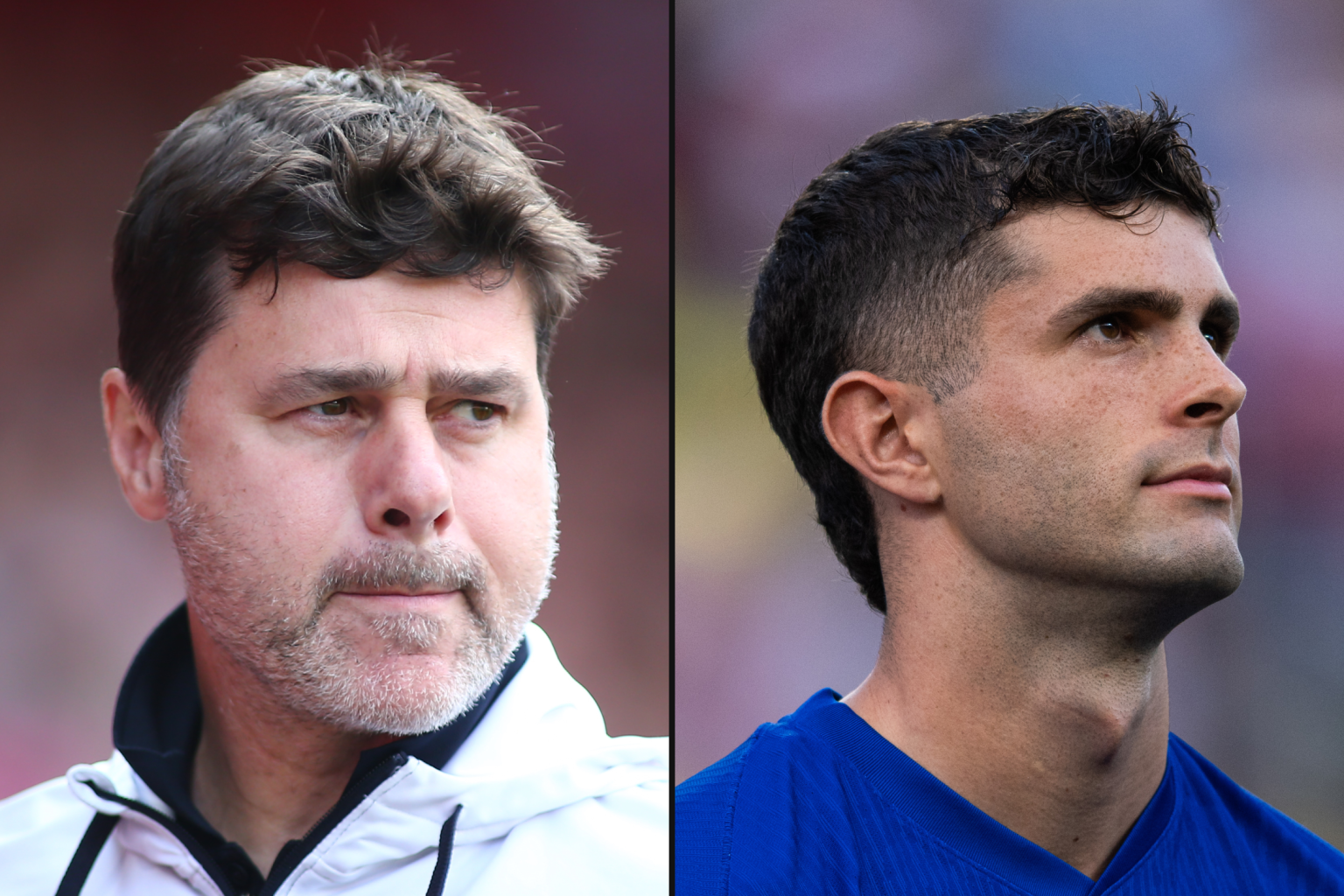After a disappointing Copa America performance and in preparation for a World Cup to be hosted mostly in the U.S., the United States men’s soccer team (USMNT) have appointed Mauricio Pochettino as their new head coach, in hopes to bring a fresh perspective and invigorate the team. Pochettino’s reputation precedes him with his rich experience across 649 European club games since 2009, including 45 UEFA Champions League engagement. Given his history, he seems perfectly poised for USA’s 2026 World Cup campaign.
The challenge at hand for Pochettino is to optimize the potential of the young American players established under the leadership of previous coach, Gregg Berhalter. Among them is Christian Pulisic, who has become a significant reliance for the team due to his attacking brilliance. The team’s performance at the Copa America revealed a lack of creativity and forward drive from midfield, offering an area of focus moving forward.
The exciting news for the USMNT is that Pochettino’s expertise lies in working with younger players, allowing him to develop a squad comprising numerous promising, versatile footballers. Pochettino believes in the potential in young individuals due to his own experience when vigorous and aspiring players made notable contributions in Marcelo Bielsa’s La Liga side. He struggles with changing the habits of experienced players who can’t adapt to his preferred methods, making this young ensemble ideal for him.
Tactically, Pochettino is known for his aggressive high-pressing strategies which he developed during his stint at Chelsea. While the tactic requires intense physical commitment, Pochettino insists that the key is the players’ willingness to commit to the game physically. His approach encourages central progression, which will align well with the technical midfielders of the USMNT. This could potentially make way for a more active and offensively daring play style for the US team.
Wherever Pochettino’s tactics flourish, they pose a challenge, as seen with his preventive strategies during his time at Chelsea. While the team scored a total of 77 goals, it also had numerous counts conceded totaling to 63. USMNT will need to navigate this tactical drawback since international soccer requires robust defensive strategies. These shortcomings could expose potential weaknesses in the team’s defensive line and goalkeeper, which registers as one of the areas with room for improvement.
Despite the inherent challenges of international soccer, the appointment of Pochettino brings promise to the USMNT. It may be hard to envisage the “perfect” candidate for a managerial role, given the unpredictable and high-pressure nature of the sport. Still, for a youthful team preparing for a globally-anticipated World Cup, Pochettino’s experience and profile deliver the much-needed belief, expertise, and high-profile stature. As the USMNT grabs the world’s attention in the coming years, Pochettino’s leadership, coupled with the team’s young dynamism, could serve the golden touch needed to bring the team to international prominence.


